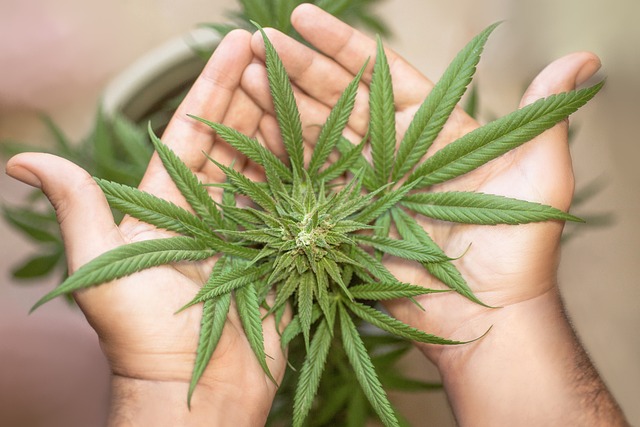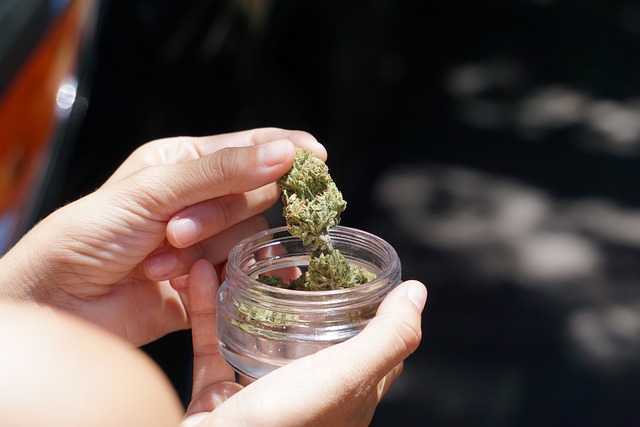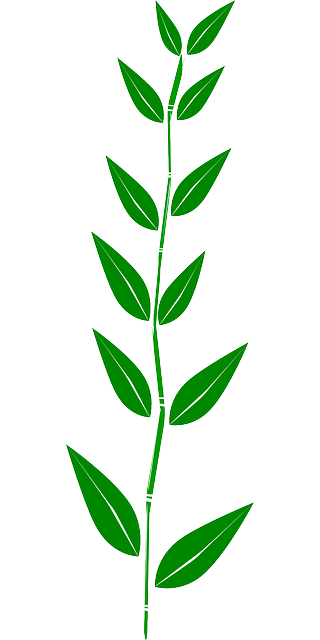🌿 TL;DR: THCA buds are a non-psychoactive form of cannabis rich in THC acid, offering therapeutic benefits like anti-inflammatory and neuroprotective effects without the high associated with THC. Unlike CBD buds, which primarily interact with the endocannabinoid system for wellness effects, THCA buds harness the entourage effect, enhancing their potential through all cannabis compounds. These buds are gaining popularity in legal markets for their mood-enhancing, pain-relieving, and appetite-stimulating properties. Consumers can choose from various consumption methods like smoking, vaporizing, or edibles to suit individual needs. THCA vs CBD buds present different profiles, with THCA providing a clear-headed uplift at lower temperatures, while CBD is non-psychoactive and beneficial for anxiety and sleep. Both are in demand for their distinct effects in the health and wellness space, with users exploring both to find personal preference and effectiveness. 🌿
Explore the intricate world of THCA flower, a non-psychoactive cannabinoid that’s garnering attention for its potential therapeutic properties. This article delves into the multifaceted aspects of THCA, from its distinction from CBD buds to its conversion into THC and the myriad ways it can be utilized. We’ll guide you through understanding THCA’s chemistry, the legality surrounding its use, and how to safely consume it for optimal effects. Whether you’re a first-time user or an experienced cannabinoid enthusiast, this comprehensive guide covers everything from growing your own THCA buds to the latest research on their medical applications. Join us as we unravel the potential of THCA flower in the cannabis landscape.
- THCA Flower: An Overview of Its Potential and Uses
- THCA Bud vs CBD Bud: Comparing Cannabinoid Profiles
THCA Flower: An Overview of Its Potential and Uses

THCA flower, or tetrahydrocannabinolic acid, exists in its raw form before decarboxylation, which is the process that converts THCA into the psychoactive THC found in cannabis. As a non-psychoactive cannabinoid, THCA buds offer potential benefits that are distinct from their CBD counterparts. Unlike CBD buds, which primarily interact with the body’s endocannabinoid system without intoxicating effects, THCA buds hold promise for their potential therapeutic properties. Preliminary research suggests that THCA may have anti-inflammatory, anti-nausea, and neuroprotective qualities, making it a subject of interest for various health applications. The entourage effect, which refers to the combined effects of all cannabinoids, terpenes, and flavonoids within the plant, is also a factor in the potential efficacy of THCA flower. This synergy can influence the overall impact of the compound, offering benefits that may be more pronounced than when THCA is isolated.
In the realm of legal cannabis markets, THCA buds are gaining attention for their diverse uses. Consumers and patients are exploring its potential effects, which include mood enhancement, pain relief, and appetite stimulation. The non-intoxicating nature of raw THCA makes it an appealing option for those seeking the therapeutic benefits of cannabis without the psychoactive high associated with its decarboxylated form, THC. As such, THCA buds are being integrated into various consumption methods, including smoking, vaporizing, and infusion into edibles, each offering a unique experience based on individual metabolism and the desired effects. The distinction between THCA bud vs CBD bud is becoming increasingly relevant as consumers become more informed and discerning about their cannabis products.
THCA Bud vs CBD Bud: Comparing Cannabinoid Profiles

THCA, or tetrahydrocannabinolic acid, is the raw form of THC, which is the primary psychoactive component found in cannabis. THCA buds are recognized for their potential therapeutic benefits, including pain relief and anti-inflammatory effects. Unlike its decarboxylated counterpart, THC, THCA does not induce psychoactive effects until it is heated or consumed in a manner that activates its chemical structure. This means that THCA buds offer a distinct experience from their heated counterparts, providing a clear-headed and uplifting sensation for many users.
On the other hand, CBD buds contain cannabidiol, another prominent cannabinoid known for its therapeutic properties without the high associated with THC. CBD buds are rich in compounds that interact with the body’s endocannabinoid system, offering a wide array of potential health benefits such as anxiety relief and improved sleep quality. Unlike THCA, CBD remains largely inert under heat, meaning that it maintains its non-psychoactive characteristics regardless of how it is consumed. Both THCA and CBD buds offer unique profiles that cater to different preferences and desired effects, making them valuable for both medicinal and recreational use. Users often explore these two cannabinoid-rich flower types by comparing their distinct effects and determining which one aligns with their specific wellness goals or personal preferences.
THCA-rich flowers present a unique opportunity within the cannabinoid landscape, offering distinct potentials and uses compared to their CBD counterparts. This exploration of THCA bud versus CBD bud has shed light on the nuanced differences in their cannabinoid profiles, highlighting the therapeutic and experiential distinctions that users may seek. As legal landscapes evolve and research continues to unfold, the potential applications for THCA flower are poised to expand, offering a promising alternative or complement to traditional CBD products. Whether for medicinal or recreational use, understanding the specific effects and benefits of each cannabinoid is crucial for consumers looking to make informed choices.
